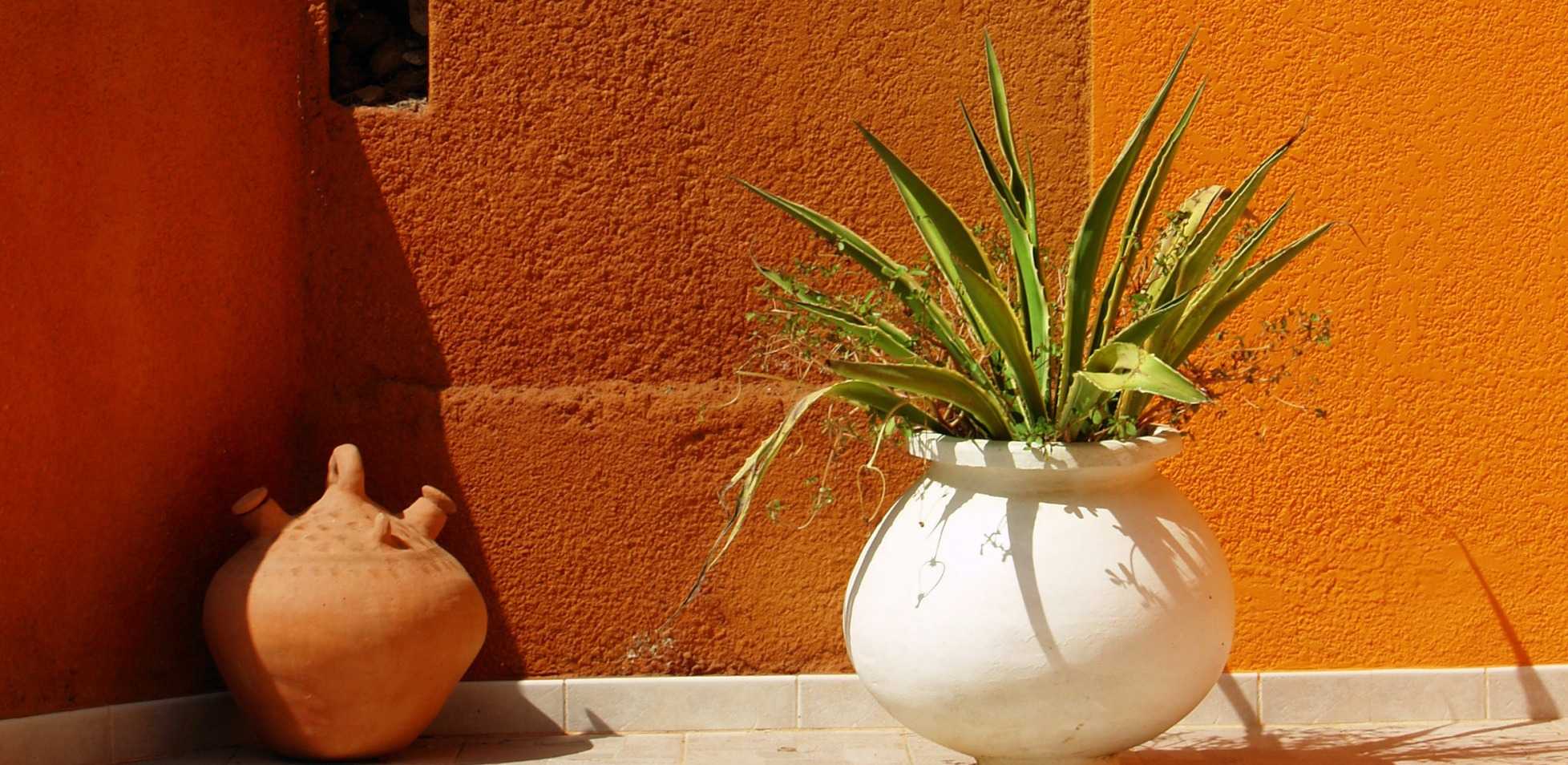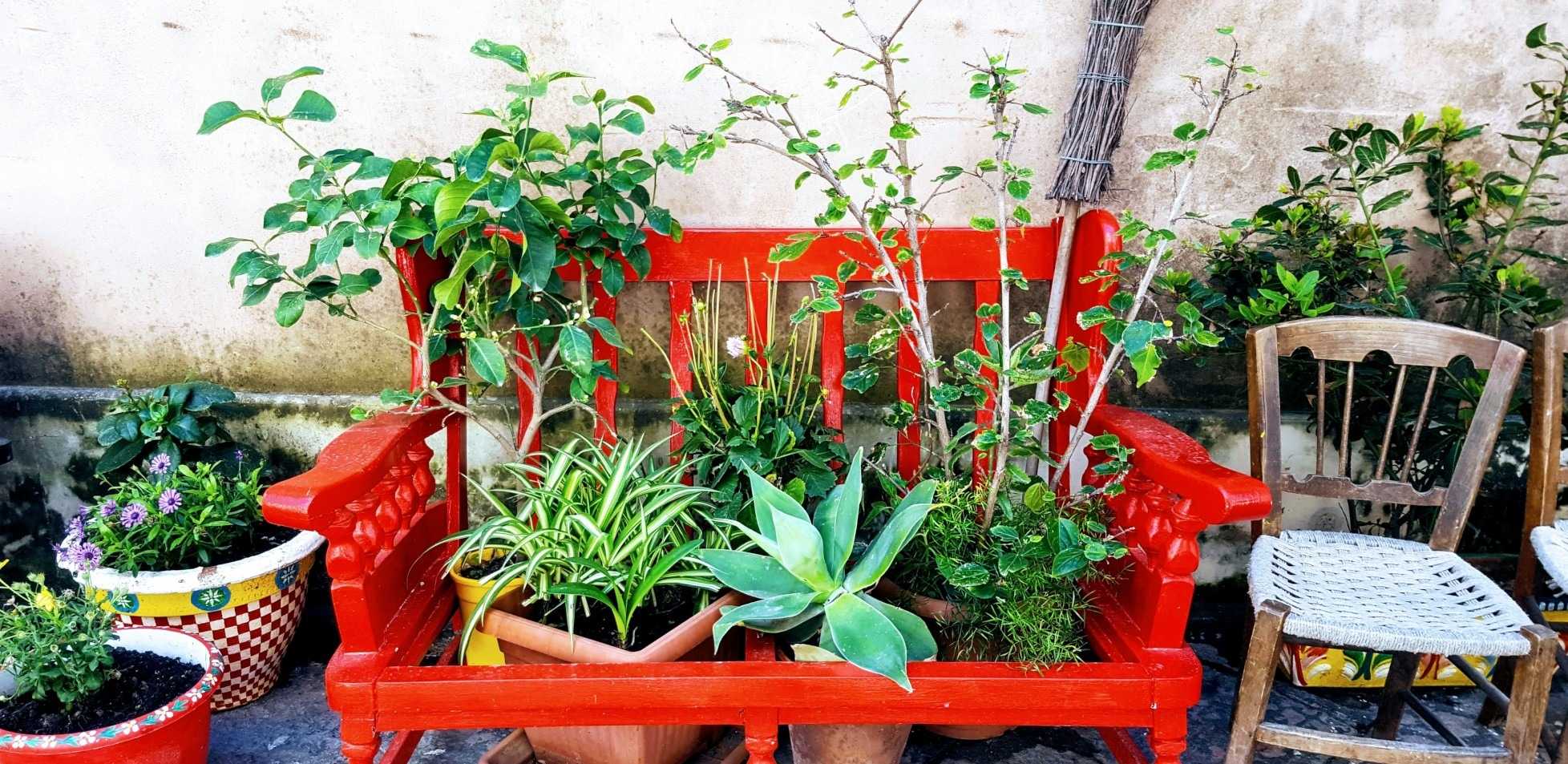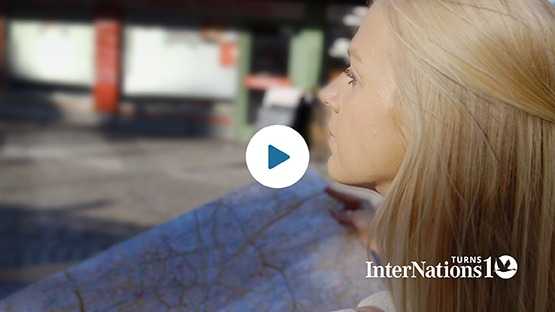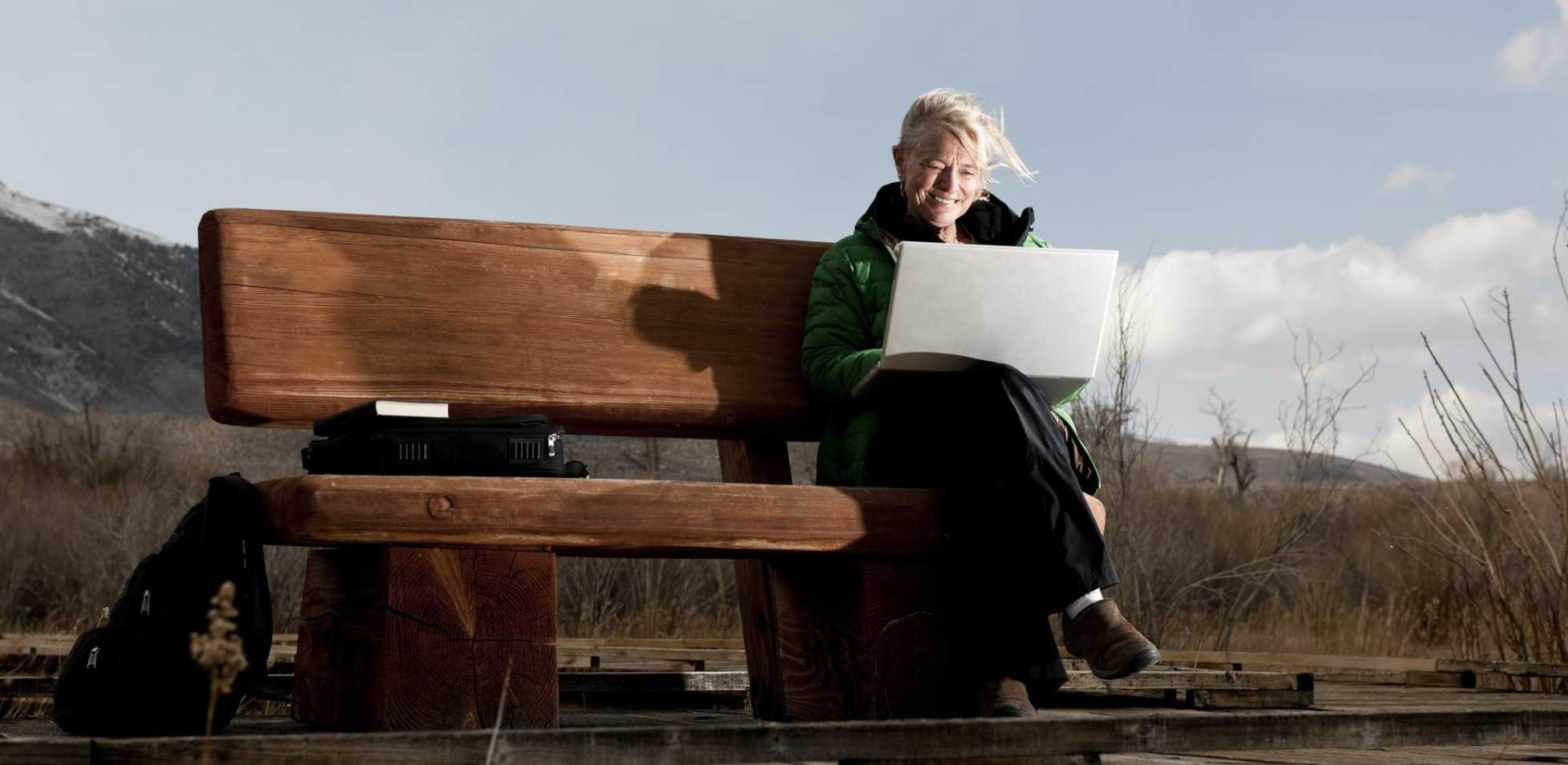The Price of Resilience
“You are so resilient!” – said with a shred of admiration and with some (more subtle) envy underneath. I have heard that so many times. And every time, even though I feel grateful that the person appreciates my striving, it irritates me slightly.

But what may cause this irritation? I have the impression that some part of me, well hidden under the resilient and adaptive part, somehow gets missed. To be resilient, in other words “bouncing back” from difficult experiences, is a strength often found with expats. But it comes at a price. One loses other things on the way.
Neglected Roots
Let’s look at an experiment I have been running, as it happens, with my terrace plants. I love my earthy pots and my lavender, my pine tree, and my yucca. They are fellow travellers and they have bravely followed me around the world for the last ten years. Right now they are happily sweating on our Madrid terrace.
So what happens when we keep replanting a plant again and again? If we take care of it, water it, and respect its initial basic needs (light and water, in varying proportions), it will eventually strive. Its leaves will look bright and green, and it will even flourish sometimes. Not always at the right time, or not every year, because the adaptation to the new soil and a different climate can impact its capacity to grow flowers for a year or two. The plant will be resilient and will end up adapting to the seasonal changes, but how do these changes in environment impact the state of its roots? They will become weaker, not dig deep enough into the soil; they just do not get enough time to do so.
The Cost of Adaptation
Working as a therapist with expats, I have become more and more aware of how similar adaptation strategies generally are. As children expats often were repeatedly exposed to the necessity of fitting in a new environment, adapting to a new school, a new neighborhood, and possibly a new language.
No matter how big the parents’ efforts were to make every move a bearable and even an exciting experience, for a child it can easily result in a multitude of stressful situations.
Our natural emotional response to feeling different from others, or less skilled (for example in a new language or when practicing a locally specific sport), is shame, a frequent coping strategy. And the most socially adaptable response to shame is to move forward to others in a pleasing way. When this psychologically tricky situation is repeated many times during a nomadic childhood, we grow to be extremely empathic and attuned to others.
When the necessity to fit and to be accepted turns into a question of survival, social inclusion can get prioritized over one’s own needs, we adapt again and again, and do not grow our own roots.
I can see myself developing this pattern; this ability to guess others’ needs and easily connect with their desires. Have you not noticed expats very skillful in this, navigating with ease social events where they do not know anybody, evolving in an unfamiliar ground as if it was their own territory?
As a result of this adaptation, it may become extremely difficult and painful to get in touch with our own vulnerability, as we gain in resilience.

Green Thumbs, Red Sofas
Coming back to the plants, the best strategy I found for my ‘portable’ garden is to move each plant together with its own container and soil so it has its own environment travelling around and the roots system stays preserved.
For us, humans, it also can be a relevant solution. We also make sure our own environment travels with us: our family, friends (occasionally), our furniture and our books.
I remember feeling very uneasy when my husband suggested selling my favorite red Italian leather sofa before one of the moves. It made sense: it is heavy and not that new anymore, but it is a part of my story, part of my familiar environment.
Astute gardeners keep these little care labels planted in the pot alongside the plant. Its role is to remind oneself of the plant’s preferences are regarding its life conditions.
Sometimes we focus so much on being resilient and adaptive that we forget about our simple basic needs. Why not to make a little reminder – a care label – just to remind yourself what kind of care you really need, which roots really matter for you?
For example, I was born in a snowy Saint Petersburg, but have spent most of my time in Southern Europe. So, sometimes I need to get in touch with those wilder and rougher roots from that cold climate. In order to feel fulfilled, I also need a lot of light, my friends’ company, healthy food, and, as an occasional special treat, an art exhibition, an opera or a ballet.
The Other “You”
In the end we are much luckier than the plants: with an Internet connection, we can reach out to our original forests, which are nowadays just one click away.
Our expat resilience is one of our well-earned assets indeed, and we worked hard enough in order to integrate it to our personality. Our vulnerability is only the other side of the coin, though less socially appreciated (I bet you have never been complemented with “You are so vulnerable!”). Traveling around the world some of us have being practicing being resilient for a very long time, so that we forgot about the price we have paid to acquire it. To get back in touch with our vulnerability can be a real tribute to our journey!
Advertisement
About Anastasia Piatakhina Giré
Anastasia Piatakhina Giré is an integrative psychotherapist practicing in Madrid, and also worldwide through Skype.
Article topics
Related articles
Why Being an Expat Means Always Having to Say Goodbye
Living abroad is not always blue skies and smooth sailing — expat life comes with its downsides. Goodbyes, for example, are a constant companion for expats, from the first parting to the string of international friends that come and go as often as flights from London to New York.
Why Being an Expat Is the Absolute Best and the Absolute Worst
Being an expat can be both the most amazing experience in the world and the hardest. From fantastic new friends, to feeling far from home, find out just how simultaneously difficult and awesome life abroad can be!
The Need to Belong Is Part of Being Human
InterNations member Ximena, a Chilean expat turned intercultural coach, talks about the powerful need of people to belong — and about how being a foreigner doesn’t have to mean feeling like a stranger.
Life Begins Where Familiarity Ends
InterNations has over 2.8 million members, each with their own reason for making the often difficult decision to move abroad. We wanted to hear more about what drove them to become an expat and modern-day pioneer.
Internet versus Integration
I am wondering if trying to control the amount of time I spend on the internet in direct or indirect contact with home, with Ireland, has become necessary. I am worried that as it gets easier to connect with “back home” I am both mentally and physically spending less time where I live, in Tenerife, Spain. Is the internet a danger to integration?




